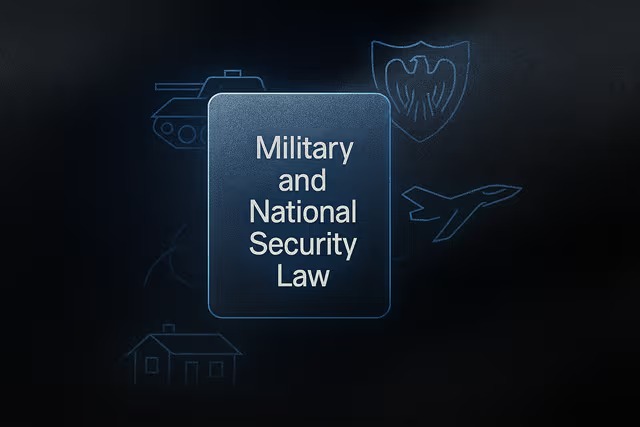As Georgia's strategic role as a transit and financial hub in the Caucasus region grows, compliance with international sanctions has become a critical necessity for Georgian businesses. This is not just a matter of legal adherence, but of avoiding reputational and financial catastrophe. The complex and ever-changing web of sanctions imposed by the United States (OFAC), the European Union, and other actors requires deep expertise and a proactive approach. Our team at Legal Sandbox Georgia offers specialized legal services to help companies effectively manage these risks and operate safely on the international stage.
The enforcement of sanctions in Georgia is regulated by a complex system centered on the Law on Facilitating the Suppression of Money Laundering and Terrorism Financing. The key actors in this system are the Financial Monitoring Service (FMS), which analyzes suspicious transactions; the National Bank of Georgia, which sets mandatory rules for the financial sector; and the Revenue Service, which controls the movement of sanctioned goods across the border. Together, these bodies ensure that Georgian companies do not allow sanctioned persons, entities, or transactions into their systems, which demands constant vigilance from businesses.
Our legal services focus on creating practical and effective compliance mechanisms. We assist clients in conducting sanctions risk assessments, which involve analyzing their business model, client base, and geographic scope. Based on this, we develop internal protocols for screening clients and transactions, helping them to identify and respond appropriately to red flags of suspicious activity. We also conduct in-depth legal analysis of specific, high-risk transactions so that our clients can make informed and legally protected decisions.
It is vital to understand that sanctions are not limited to "blacklists" of specific individuals. Our team also advises on sectoral sanctions, which restrict activities in specific sectors of a sanctioned country's economy (such as energy or defense). Furthermore, we explain the risks of secondary sanctions, where the U.S. can impose sanctions on a non-U.S. company for engaging in significant transactions with sanctioned parties like Iran or Russia. Knowledge of these nuances is critical for any Georgian company operating on the international market. Our goal is to transform complex and opaque regulations into a clear and manageable action plan for your business.
Updated: ...
